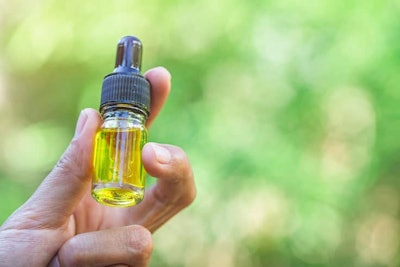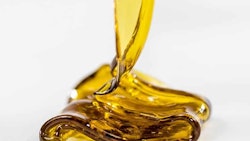
Colorado’s Marijuana Enforcement Division (MED) has issued a clarifying memo on how industrial hemp businesses may interact with the state-licensed cannabis market (adult-use and medical cannabis dispensaries, as well as product manufacturers). While some states have begun to debate how the hemp industry may work with the THC-laden cannabis industry, Colorado’s latest compliance tip explains one way forward.
Industrial hemp companies may not transfer any plant material (flower, trim, fan leaves or whole plant) to any licensed cannabis business.
Rather, those industrial hemp companies may provide other manufactured products, included concentrated extracted cannabinoids, to food and storage facilities registered by the Colorado Department of Public Health and Environment. Those businesses may then work with licensed cannabis testing companies to acquire a certificate of analysis before selling into adult-use and medical dispensaries. (Required testing for industrial hemp products includes potency, microbial contaminant, residual solvent contaminant and metals contaminant testing.)
This new policy will go into effect July 1.
In 2020, Colorado is anticipating upwards of 120,000 acres of hemp. The latest MED compliance tip (and others like it) arrives at a time when the state is considering how best to shape its hemp program—with a wary eye cast toward the expiration of the 2014 Farm Bill provisions later this year. Beginning with next year’s planting season, states will need to conform to USDA oversight granted by the 2018 Farm Bill. Some states, like Ohio, have already done this. Colorado is sticking with the rather looser, more research-oriented 2014 Farm Bill rules for this year.























